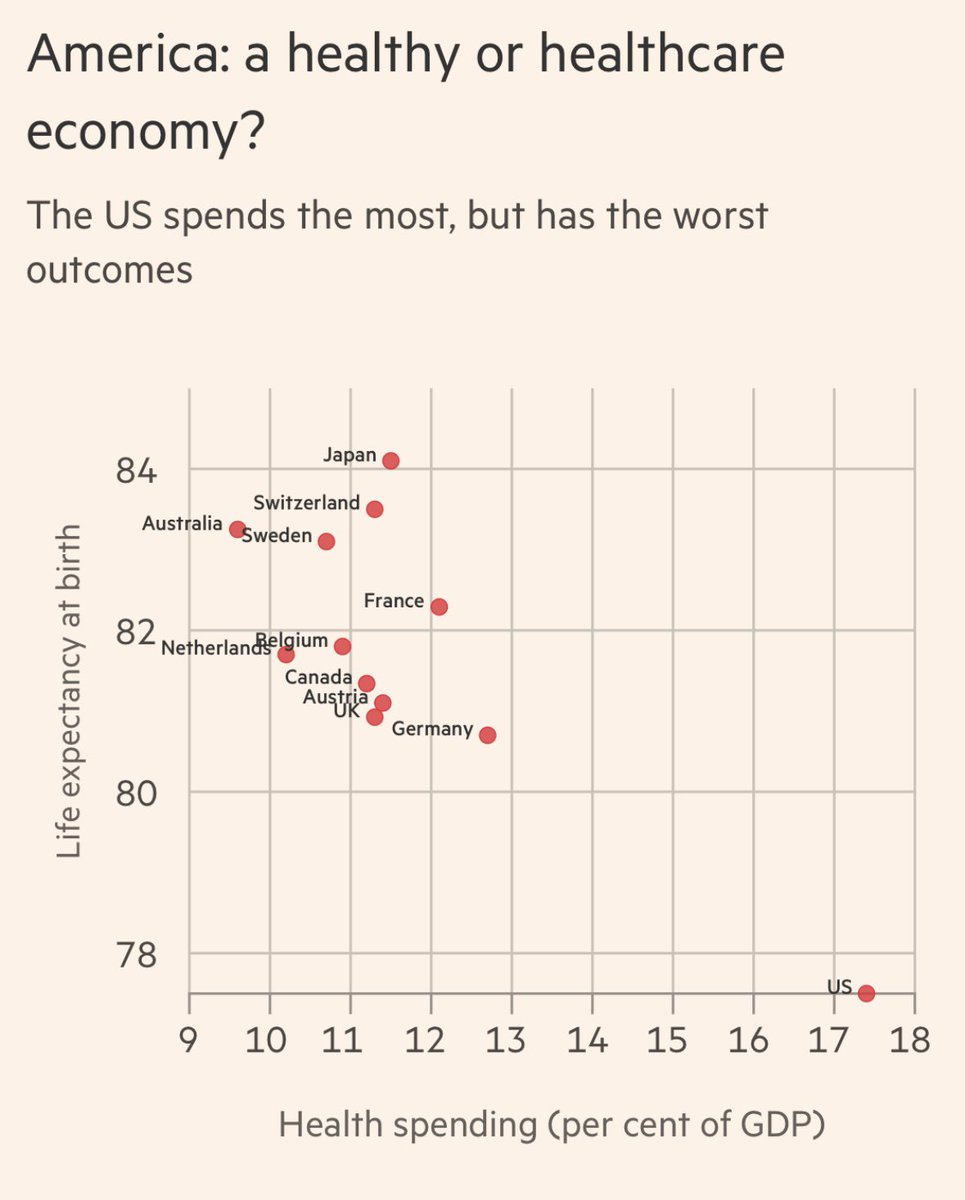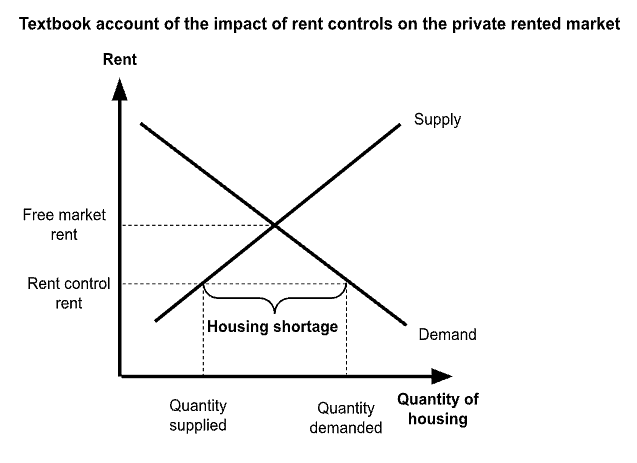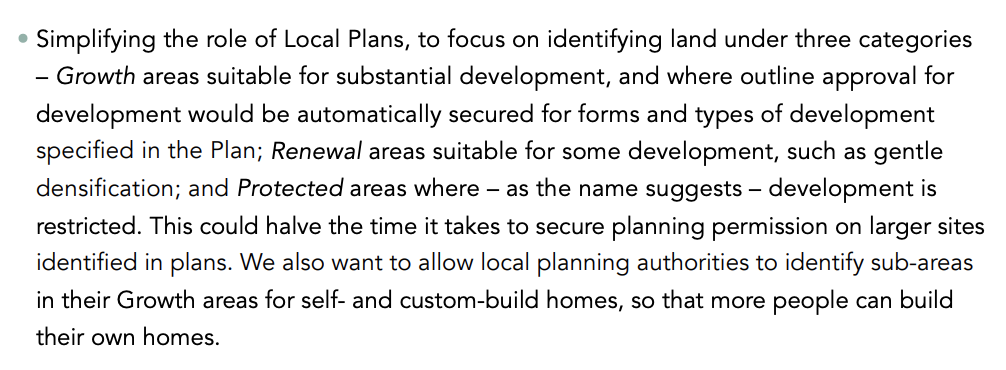
Co-director @FutureEconScot. Fellow @IIPP_UCL and @DemocracyCollab. Co-author Rethinking the Economics of Land and Housing
How to get URL link on X (Twitter) App


https://twitter.com/gabriel_zucman/status/1999412355503915338The US spends far more on healthcare than any other rich country.






https://twitter.com/guardian/status/1551866908152143874The first problem is that the collective resources of the private utilities far exceeds that of the regulators. This means that, even with a competent regulator, companies can run rings around them. They outspend and outgun regulators when finalising regulatory settlements






 Patrick Minford was once described as “Margaret Thatcher’s favourite Economist”. A few years ago he acknowledged that his ideas would “mostly eliminate manufacturing”.
Patrick Minford was once described as “Margaret Thatcher’s favourite Economist”. A few years ago he acknowledged that his ideas would “mostly eliminate manufacturing”.


 2) The analysis makes a series of fanciful assumptions about the up-front cost of some policies, but makes no attempt to assess the potential benefits that may offset the costs. You wouldn’t last long in the civil service producing this kind of rubbish
2) The analysis makes a series of fanciful assumptions about the up-front cost of some policies, but makes no attempt to assess the potential benefits that may offset the costs. You wouldn’t last long in the civil service producing this kind of rubbish

